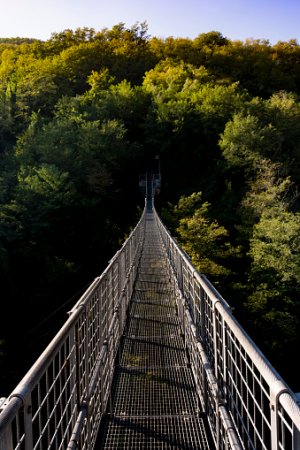
In many parts of the world, the COVID-19 crisis has led to increased habitat encroachment, poaching, illegal wildlife trade, and unregulated harvesting, placing an increased risk for zoonotic disease transmission. At the same time, there are ongoing concerns of dramatic increases in COVID-19 induced tourism visitation and waste production in some locales, which also impact public health and visitor management.
This symposium, co-sponsored by the IUCN World Commission on Protected Areas Tourism and Protected Areas Specialist Group (TAPAS Group), Center for Responsible Travel (CREST), World Wildlife Fund (WWF), and the Arizona State University (ASU) School of Community Resources and Development, located in the Watts College of Public Service and Community Solutions, brings together global experts to address some of these challenges and provide examples of solution-oriented outcomes, in the wake of IUCN’s World Conservation Congress 2021.
Join the Symposius to discuss the effective implementation of sustainable nature-based tourism strategies and benefit-sharing programs as an integral part of community recovery to strengthen resilience during future adverse events and to build a more sustainable future for people and wildlife.
